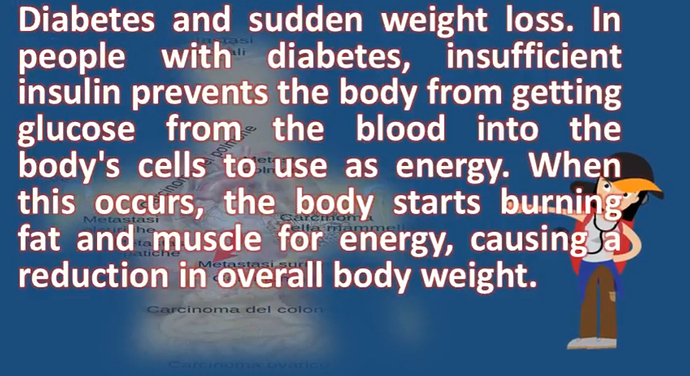Yes, the circadian rhythm thing is a meaningful and biological fact of life that some are taking up as their overarching specialty message - but like everything else, actual reality is multifactorial and requires interdisciplinary integrations and nuances. It’s not just about the circadian rhythm - it’s also about lunar cycles and environmental conditions/stress management.
Ginger also improves the heath profile in various ways - as does later day time-restricted feeding. Life on earth happens both day and night - there are many nocturnal animals, and mammals have lunar cycles too - are way more active/creative/fertile around the full moon phase (most babies are physiologically born during that phase too) - but this is left out of most of the circadian prescription stuff.
The bone I pick with the circadian early-bird-for-all approach is that it complies nicely with the corporate/institutional city-based 8-5 machine, and has nothing to do with the more seasonally synched circadian schedules within the lunar cycles that all our ancestors followed in diverse ways (winter and northern peoples were known to stay up late and have late mornings because of the central role of the hearth/fire for warmth and light).
There’s a huge difference between LCHF persons and SAD persons. A year ago I came across some study that correlated quality catch-up sleep as the key factor regardless of chronotype, but I can’t find it at the moment.
Mothers & grandmothers have mothered humanity over time in the deep night, when vulnerable or ill folks are at their lowest (involving lots of night feeding newborn support and care of ailing/sickly people) and night watch warriors whose tasks were integrated into pre-industrial cultural traditional training of all men. Add to that the fact that diverse healers/medicine folks have worked nights going back into ancient history. The difference being that unlike the modern medicine hospital intern, they weren’t expected to routinely work 48 shifts and forced to comply with artificially imposed institutional schedules! In addition, anthropology reports on how earth-based cultures prioritized the changing needs of pregnant women, birthing women, elders, and healers by granting them full flex time/autonomy (except during forced migrations and wars, of course, which no one had choice about).
I would venture to say that with enough catch-up sleep (with light-blocking eye pillow or special window coverings or dark caves/huts like the southwestern U.S. indigenous peoples had) and powerful nourishment (such as organ meats, and/or other superfoods/spices), all things are possible. Because we’re creatures of the earth who also have universal consciousness, etc.
Personally, I’ve observed a huge difference in ageing & health of mothers who have the ability to follow their own rhythms and catch up on sleep by napping with their babies/young children during the day as opposed to doing the night shift plus dragging themselves to the rigid corporate day shift. Also, with jazz musicians who play late night shows and jamming sessions (without hard drug addictions) and then catch up on their sleep…


